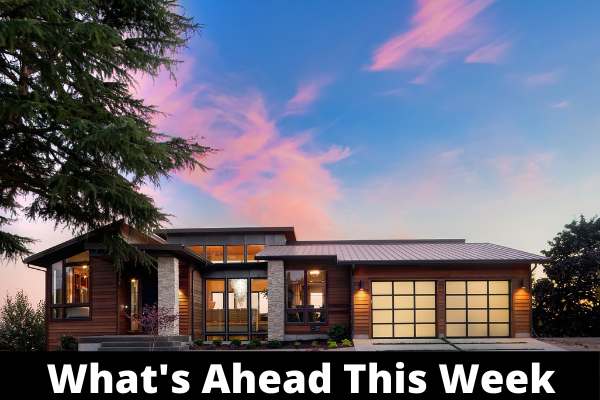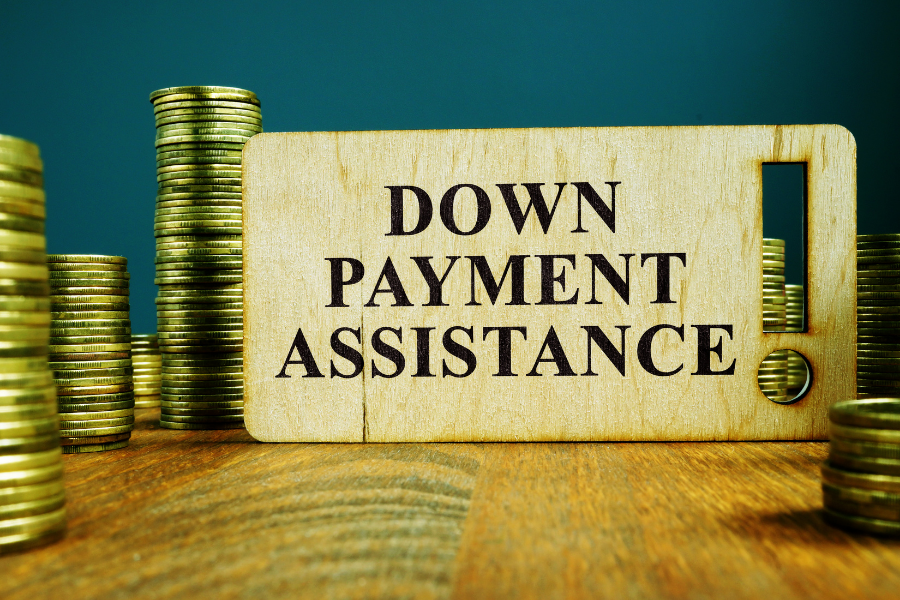 If you’re entering the real estate investment market for the first time, you’re embarking on a great adventure – and with a solid plan, you can turn a tidy profit on your investment.
If you’re entering the real estate investment market for the first time, you’re embarking on a great adventure – and with a solid plan, you can turn a tidy profit on your investment.
The key to a successful real estate investment is choosing the right property. A great property will reap dividends for years to come. Look for these three features in your next investment property and you’ll have no trouble finding one that turns a profit.
Location: More Important Than You Think
The location of your investment property will be critical in determining how much you earn on it and how long you’re able to keep tenants. And as the saying goes, you can change the color of the walls, you can change the type of flooring, and you can change the layout of the home, but you can’t change the location. So before you do anything else, make sure your new investment property is in a good location.
High cash flow investment properties tend to share certain location characteristics. They tend to be in neighborhoods with great schools and great amenities like pools, parks, movie theaters, and public transit. They also tend to be in an area with quiet, low-traffic, well-kept streets. Great neighborhoods have a low crime rate and don’t mix housing types.
Average Rent Price & Vacancy Rate: Look For Marketability
Aside from local amenities, you’ll also want to consider the average vacancy rate and rent price in your neighborhood. If you can’t cover your costs by charging the neighborhood’s average rent, then the home is a poor investment.
Keep an eye on vacancies in the neighborhood. If there are a high number of vacancies in the area, it could mean that the area’s rental market is seasonal or that renters are no longer interested in it. A low-vacancy area will allow you to charge more rent, and you’ll be more likely to find renters.
Floor Plan: Know The Trends And Buy Accordingly
There are a lot of things you can change if you don’t like your home, but the floor plan is a challenge to rearrange. That means in order to make your property competitive on the market, you’ll want to choose a property with a modern floor plan. Watch the trends and buy a home with a floor plan that’s in demand – you’ll have an easier time finding tenants.
Buying an investment property is a great choice for smart investors, but it’s important that you choose a property that will turn a profit. An experienced real estate agent can help you find a great new investment property that tenants will love. Contact your local real estate professional to learn more about qualifying investment properties.
 Last week’s economic reporting included readings from the National Association of Home Builders Housing Market Index, data on sales of new and previously-owned homes, and weekly reports on mortgage rates and jobless claims.
Last week’s economic reporting included readings from the National Association of Home Builders Housing Market Index, data on sales of new and previously-owned homes, and weekly reports on mortgage rates and jobless claims. The current housing demand is unparalleled and because of this demand, home prices are skyrocketing. Nonetheless, people continue to shop for homes. Low interest rates and high demand combined with supply chain issues are stunting the homebuilding industry, creating a perfect storm for an unprecedented housing market. In addition, there are many millennials who are looking for homes right now as well. Why is this the case?
The current housing demand is unparalleled and because of this demand, home prices are skyrocketing. Nonetheless, people continue to shop for homes. Low interest rates and high demand combined with supply chain issues are stunting the homebuilding industry, creating a perfect storm for an unprecedented housing market. In addition, there are many millennials who are looking for homes right now as well. Why is this the case? There are many people who are currently looking to purchase a home while interest rates are relatively low; however, there are many homeowners who feel like they do not have a strong level of financial understanding when it comes to the process of purchasing a home.
There are many people who are currently looking to purchase a home while interest rates are relatively low; however, there are many homeowners who feel like they do not have a strong level of financial understanding when it comes to the process of purchasing a home. There are two broad categories of mortgages. The first is government mortgages, which include USDA, FHA, and VA loans. These loans are backed and insured by the United States government. The other category is conventional mortgages. These are mortgages that are insured by private lenders, such as banks and credit unions. What are the differences between these two loan options?
There are two broad categories of mortgages. The first is government mortgages, which include USDA, FHA, and VA loans. These loans are backed and insured by the United States government. The other category is conventional mortgages. These are mortgages that are insured by private lenders, such as banks and credit unions. What are the differences between these two loan options? When delving into the realities of home ownership, there can be many factors involved that make it difficult to determine what you need to know and what can wait until later. If you happen to be a first-time buyer who’s looking for the best tips for purchasing a home, look no further than the following three pointers to set you on the right path.
When delving into the realities of home ownership, there can be many factors involved that make it difficult to determine what you need to know and what can wait until later. If you happen to be a first-time buyer who’s looking for the best tips for purchasing a home, look no further than the following three pointers to set you on the right path.